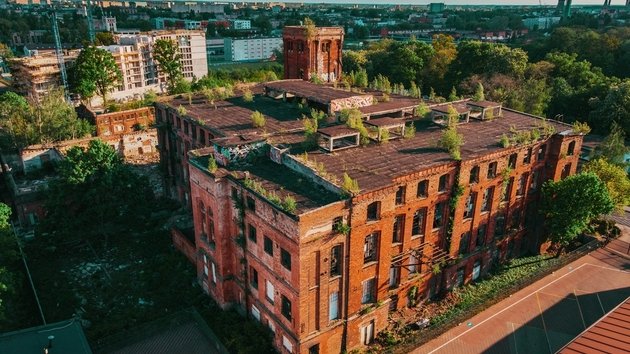
A new study conducted by University of Lodz scholars has been published in the international journal Cities, addressing whether the industrial legacy of Lodz serves as a development resource or a stigma. The research, carried out by Prof. Aleksandra Nowakowska, Prof. Mariusz Sokołowicz, and Dr. Jakub Zasina from the Department of Regional and Environmental Economics, focused on the perspectives of the city’s creative class.
The findings highlight that Lodz’s heritage combines industrial-era architecture, artistic and cinematic traditions, and its working-class identity. While creatives view this heritage as a source of inspiration, openness, and collaboration, they also perceive some aspects as a stigma hindering economic progress.
The authors argue that industrial heritage should be understood beyond physical artifacts, encompassing intangible elements such as consumer behaviors, entrepreneurial attitudes, and the atmosphere of a place. Their proposed analytical framework connects cultural heritage with the concept of territorial capital, offering new insights for post-industrial cities.
The study was part of the IDUB project “The Territorial Capital of Poland in its Intangible Dimension – New Research Methods and Development Policy Tools.”
Source: University of Lodz





